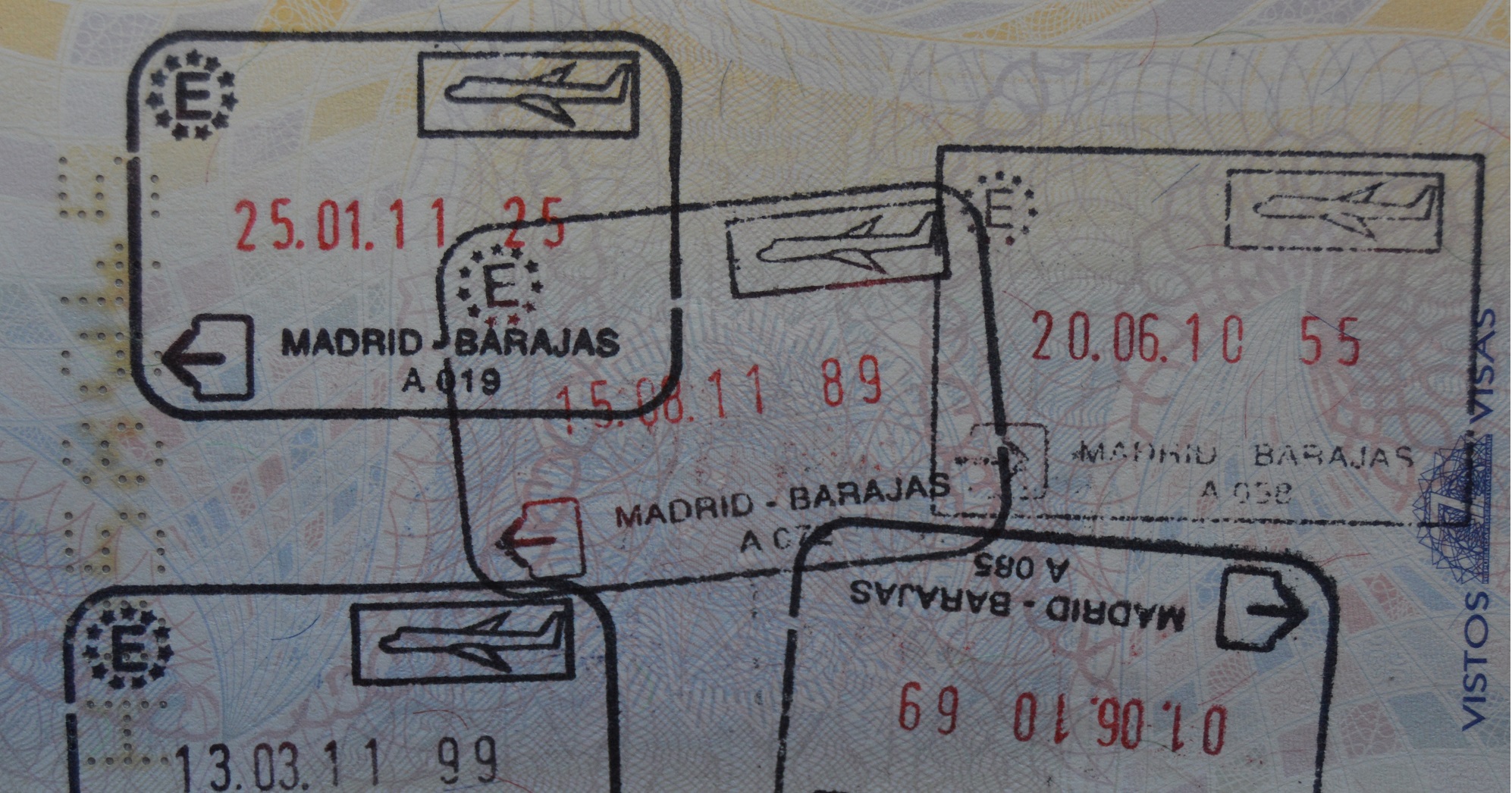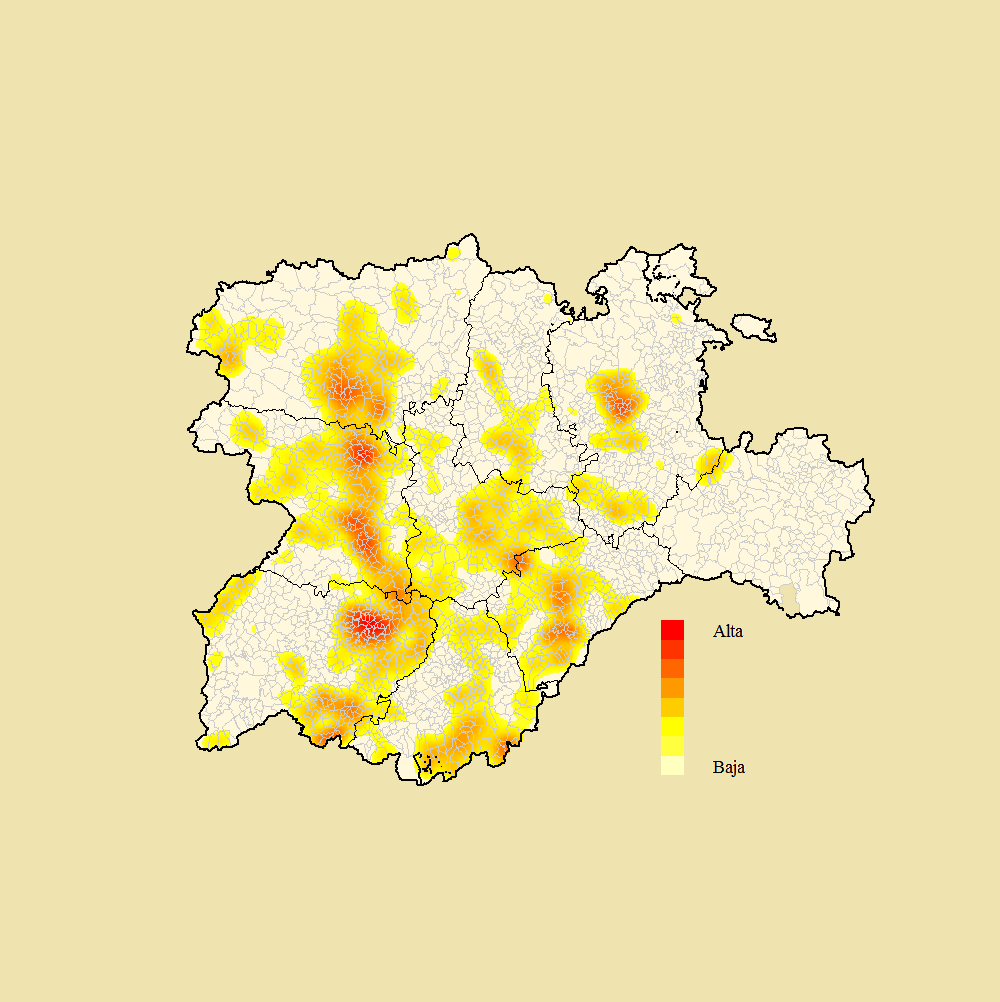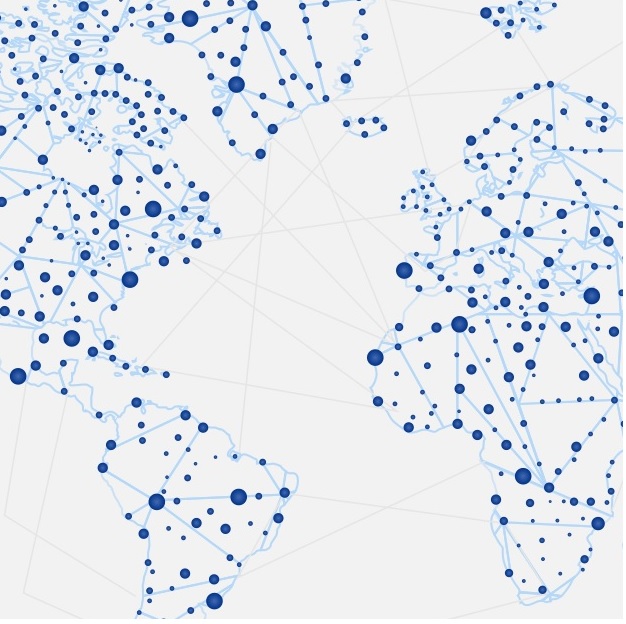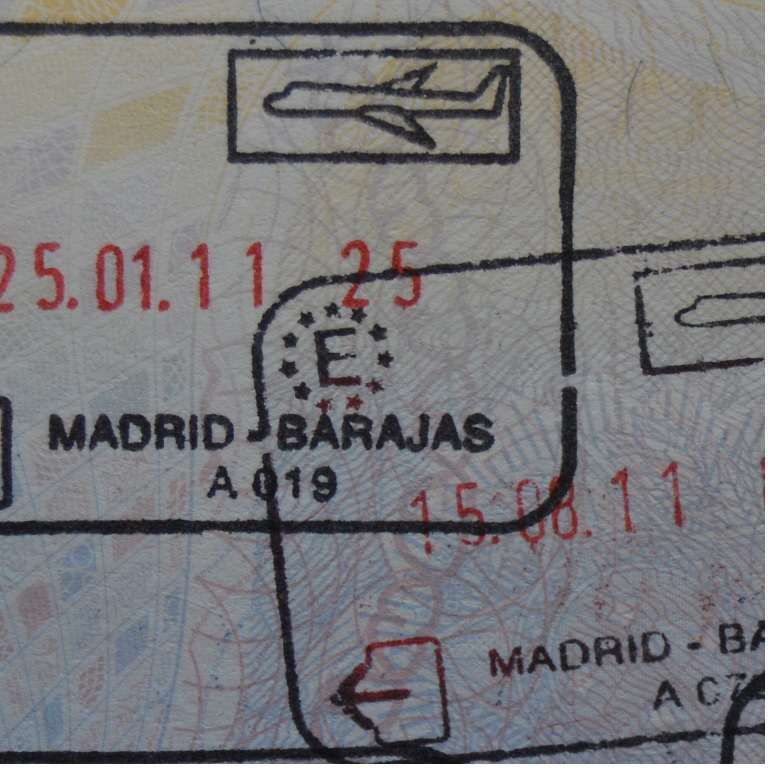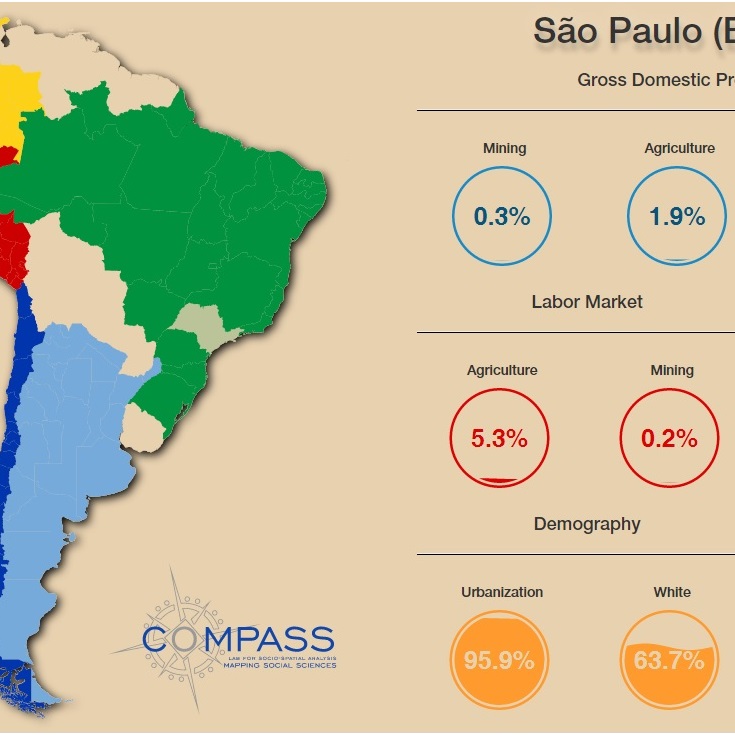Project
The Atlas of Immigration in Spain
At the beginning of the XXI century Spain reverted a traditional pattern characterized by the emigration, becoming a net receptor of immigrants. Although this tendency is not immune to economic cycles, it is estimated that no less than five million of foreigners are currently living in the Spanish territory. This Atlas of immigration aims at combining the analytical depth and the visual representation of data, thus offering a valuable tool to understanding a complex phenomenon in its origin and consequences. We are therefore looking for a relevant outcome both for the creation of public policies and for the understanding of social life.
The Atlas of Immigration in Spain is mainly structured on four analytical pillars or maps:
- Descriptive - look to support analyses with precise information about the presence of foreign population, their origins, and the ethno-cultural characterization of the municipalities.
- Dynamic - allow analysing the patterns of internal displacement within the Spanish territory, anaccounting for variations at the municipal level.
- Socioeconomic - connect the presence of foreign population with the existence of certain economic and public management patterns.
- Political - offer an analysis of political preferences and dynamics of electoral competition in certain spaces previously identified as relevant.
Some of the expected results of the project are:
- The elaboration of a sophisticated map of immigration in Spain.
- The definition of policy advice and analyses that could be employed in the elaboration of public policies.
- The creation of contents to be disseminated among citizens.
The Atlas of the Immigration in Spain is a project developed in a joined effort of the Political Science Area and the Institute of Iberoamerican Studies of the University of Salamanca.
- Title: The Immigration Atlas of Spain
- Categories: Sociodemographic, Immigration, Transregional flows, Latin America, Magreb
- Techniques: Web Mapping, Spatial Analysis, Comparative Case Study, Typologies
- Researchers: Hugo Marcos Marne (coord.), Rodrigo Rodrigues-Silveira, Ignacio Paredero Huerta and Fernando Pinto Hernández.
- Duration: 2015-2016
- Acronym:inmigra@es
Note
Visit the web portal of the project "The Immigration Atlas of Spain" (under construction)
